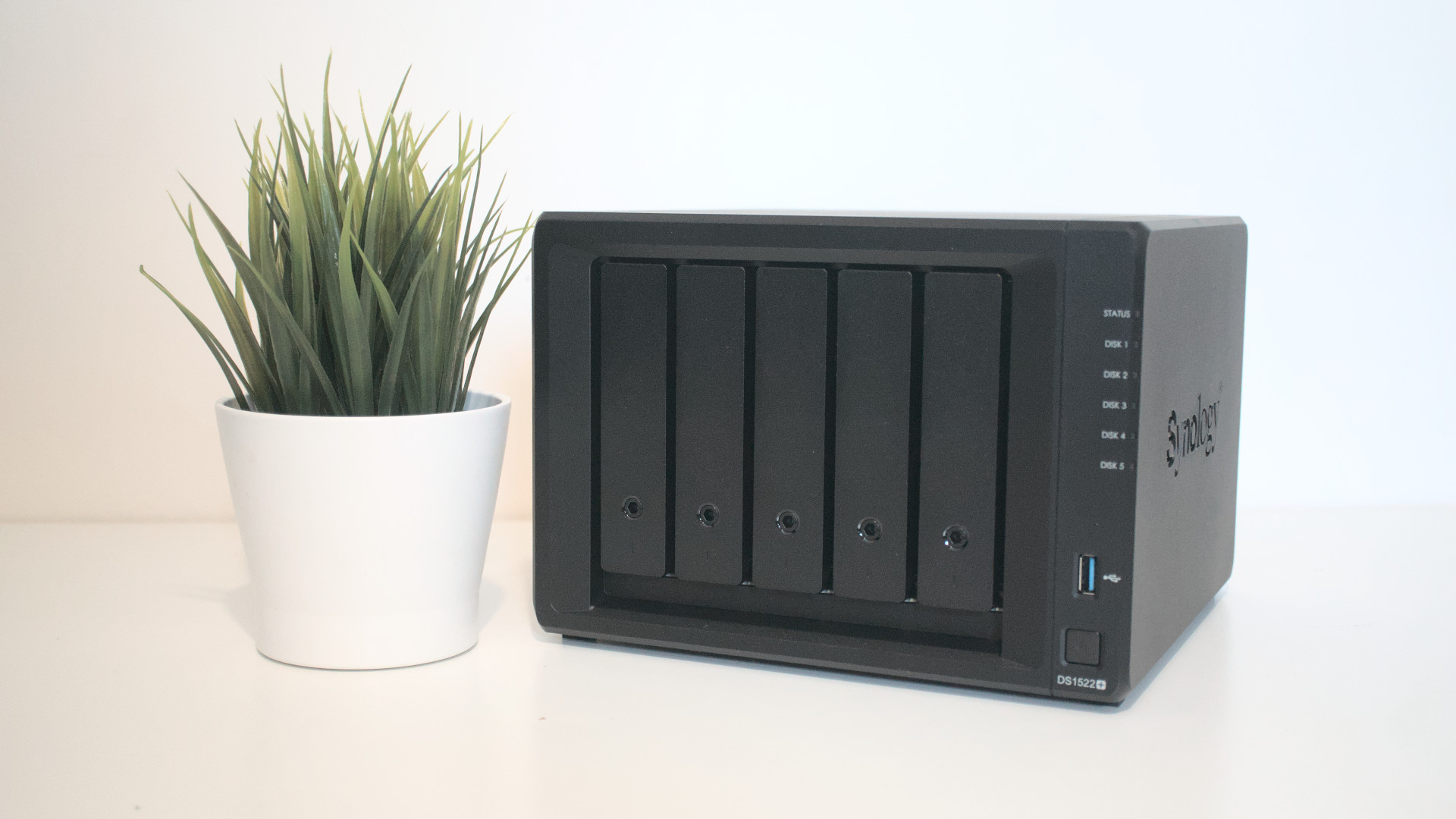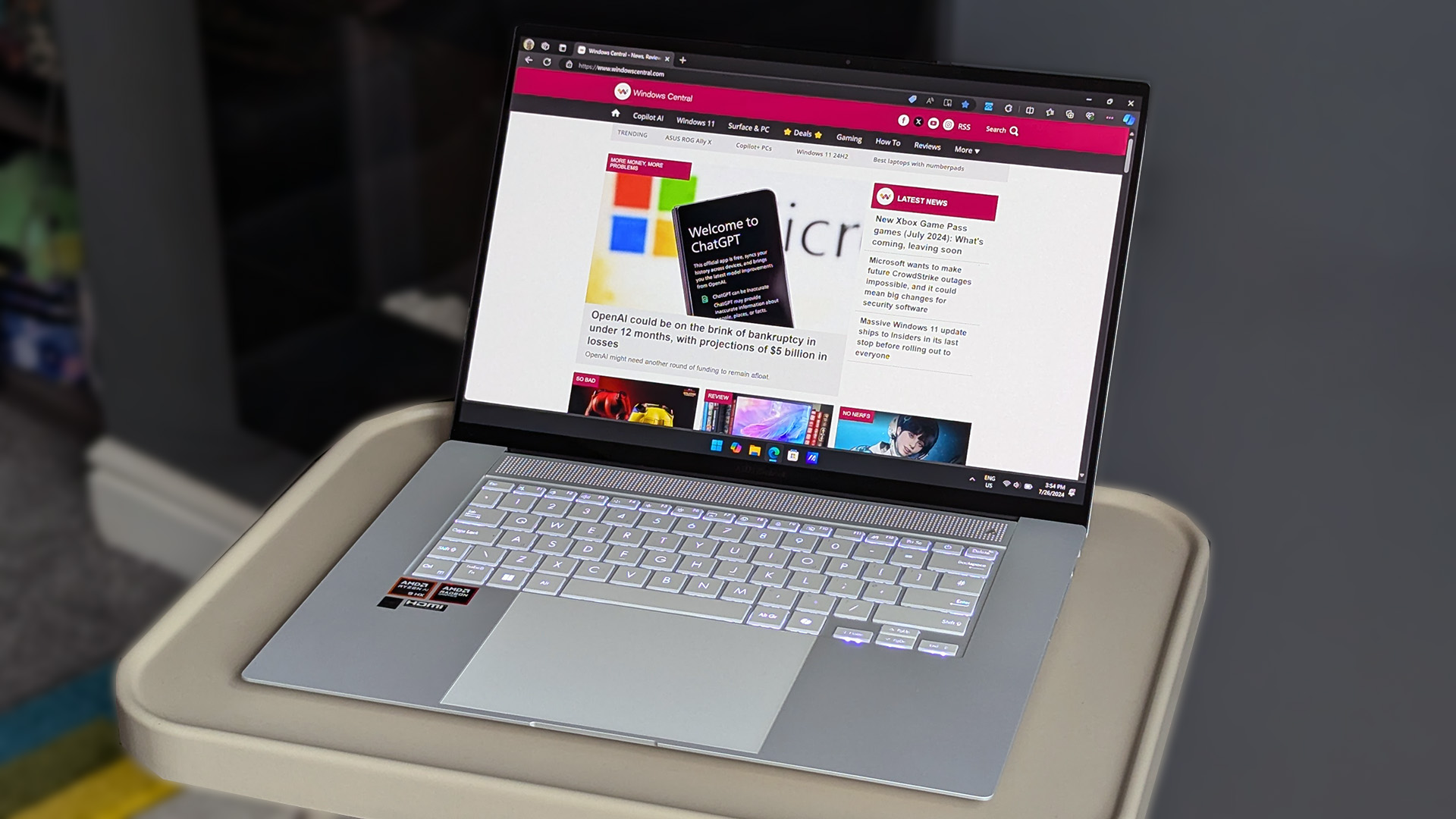What to look for in a NAS hard drive: 4 essential tips to help you buy
Not all hard drives are created equal. Here are four things you should consider when expanding the capacity of your Network Attached Storage (NAS).
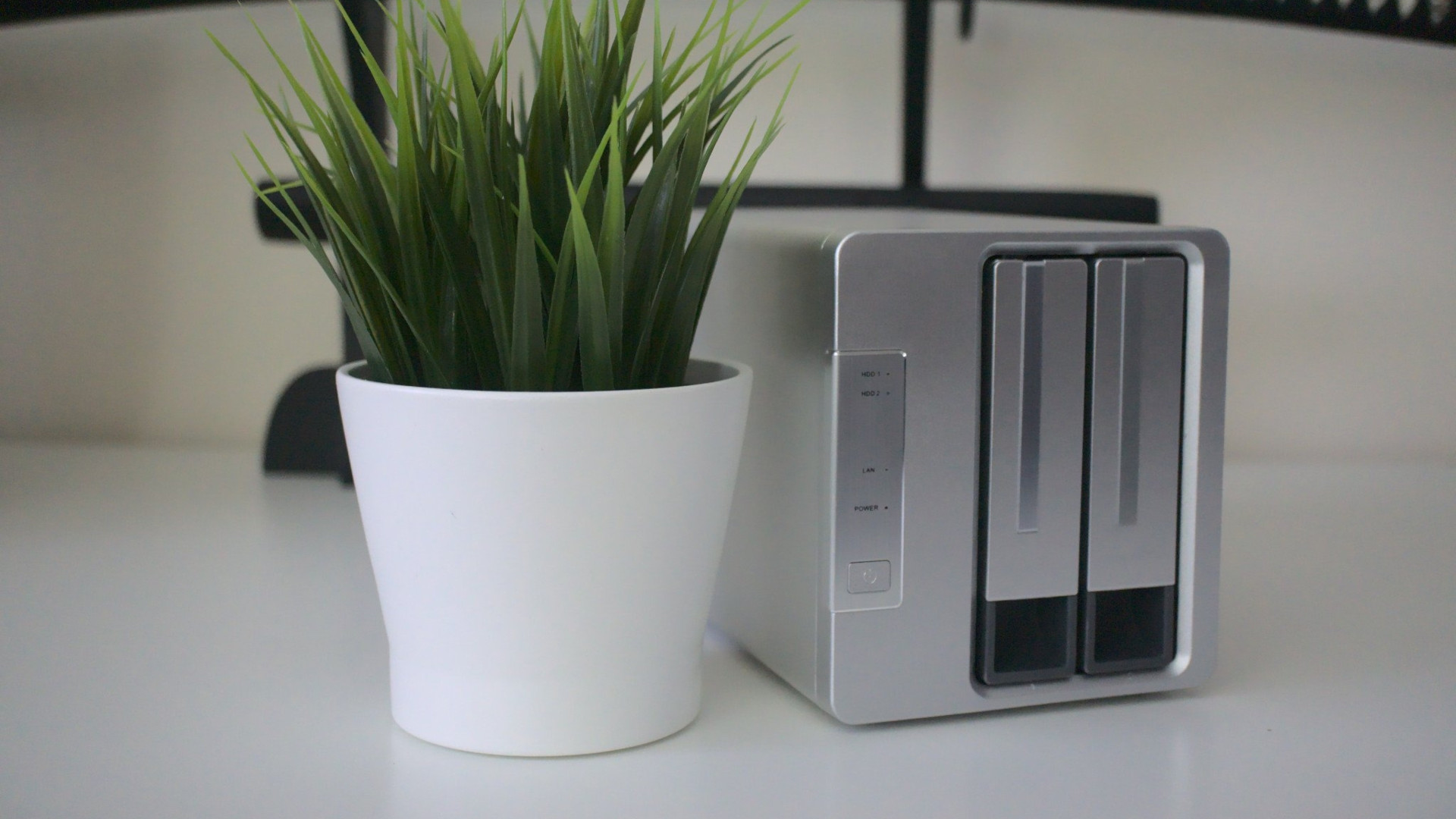
All the latest news, reviews, and guides for Windows and Xbox diehards.
You are now subscribed
Your newsletter sign-up was successful
Continuous operation in NAS environments can stress hard drives a lot. Some desktop hard drives may endure this for a long time — years, perhaps — but NAS-oriented ones are advisable. That's because dedicated NAS drives have been purposely designed to stand up to this increased stress.
It's important to get the right drives for your setup if for little else than that these things aren't cheap. You're looking at a significant investment even for a low-key home NAS setup.
If you are looking for the best NAS hard drive that works well with today's best NAS enclosures and offers more features for better reliability, we have some tips to help you choose.
1. Size matters when it comes to NAS
Why you can trust Windows Central
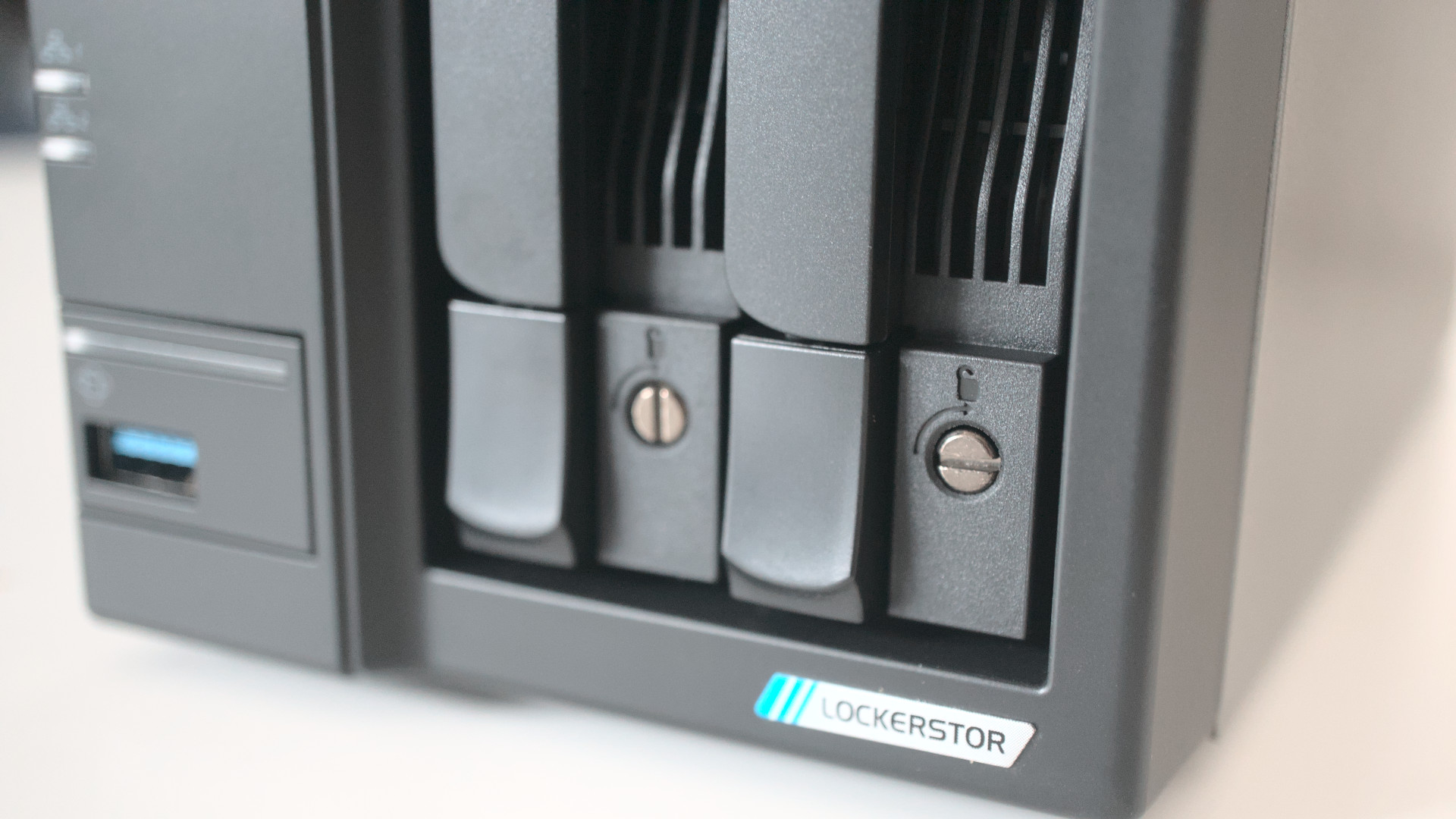
Hard drives typically come in standard sizes, which dictate how much storage is available for use. NAS hard drives come in 1 terabyte (TB), 2TB, 3TB, 4TB, 6TB, 8TB, 10TB and so on — a single TB being 1,000GB. Since most users will be using a NAS for storage, you're going to want to ensure you have ample capacity available, since media can quickly take up all your space.
The capacity you should go for depends on what you will store on the drive. If you're using the NAS for home storage, you can usually get away with one to two terabytes of space. Movies, games and more will require increasing amounts of a drive, so you'll need to calculate (and estimate) accordingly. It's also worth noting that if you wish to utilize RAID to keep an immediate backup copy of files, you'll want to match the capacity of both drives or you'll be limited to the drive with the lesser limit.
2. Seek out trusted brands
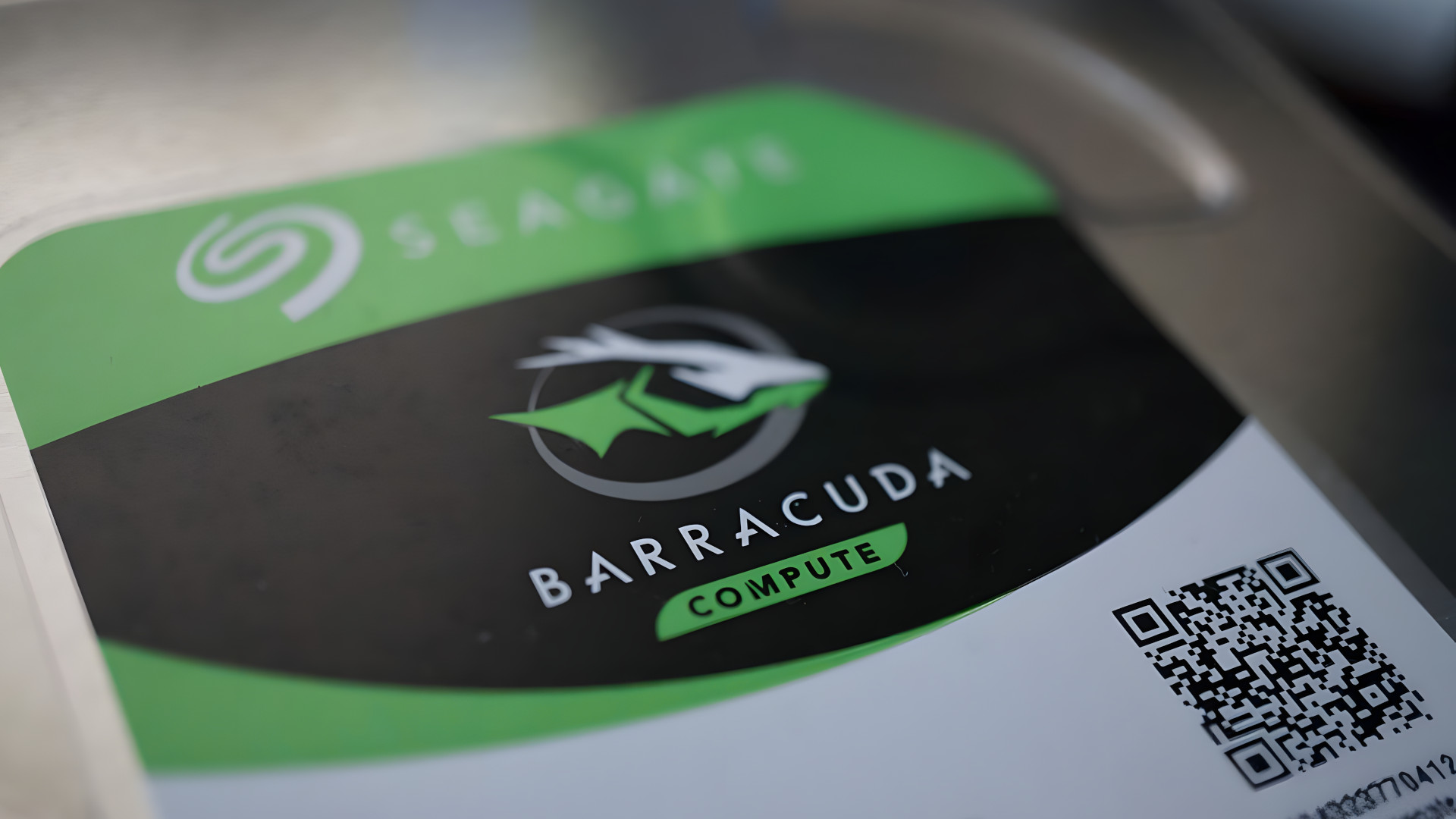
Your data is important, especially when it comes to NAS. Money can be spared in the actual unit — it's possible to create your own using nothing more than a Raspberry Pi — but for hard drives, we recommend that you spend the extra bucks and purchase a drive from a reputable brand.
Western Digital, Seagate, HGST, and other hard drive manufacturers all produce their own NAS-certified drives that can come with extended warranties.
3. It's about endurance
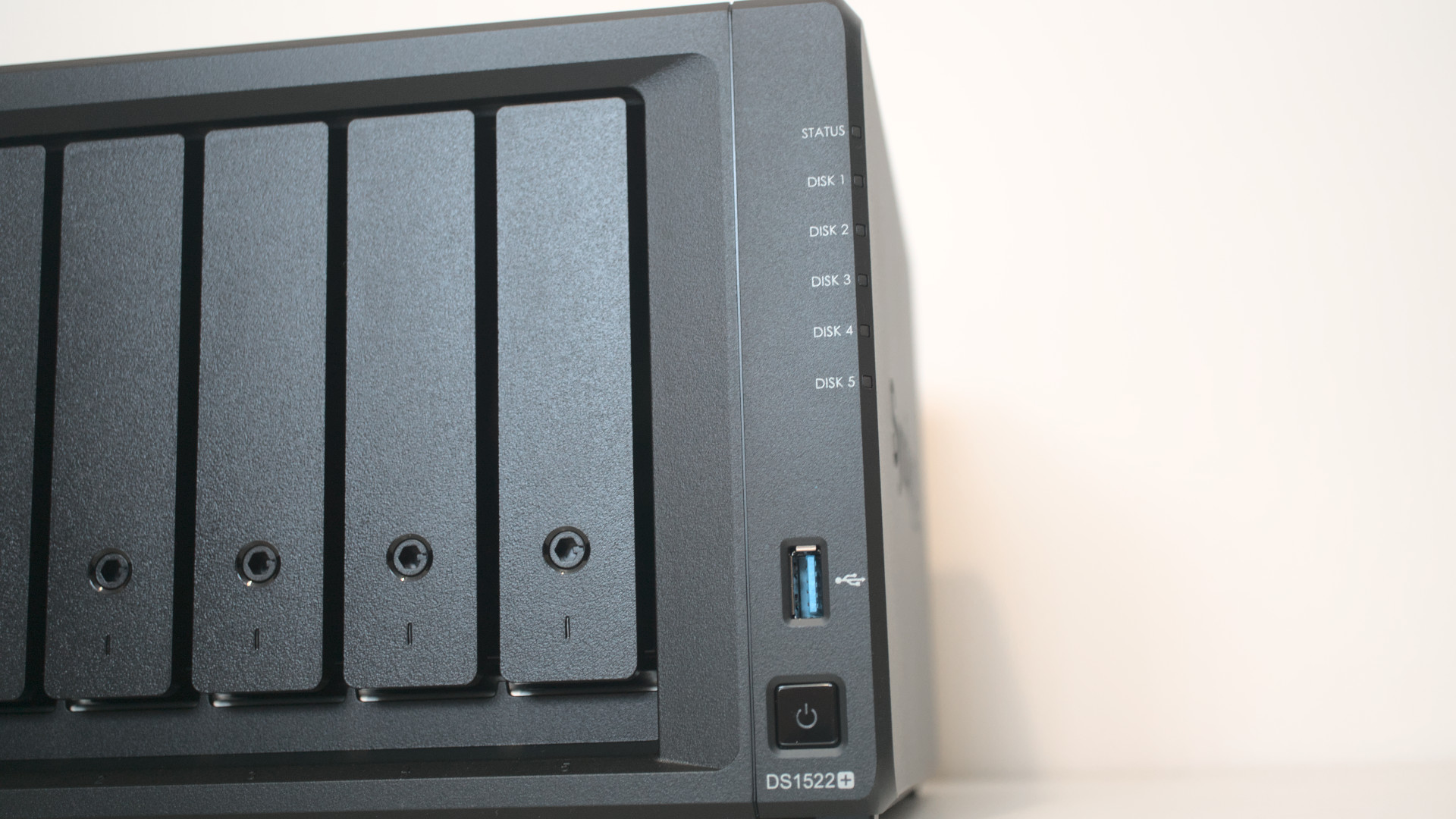
NAS drives are specifically designed for use with such devices, and as such, they usually come packing more reliable components with higher use ratings.
For example, the Seagate IronWolf NAS family of hard drives has a rated transfer of around 180TB per year, and a meantime before failure (MTBF) of one million hours. That allows you to transfer a lot of data and have peace of mind that the drive is backed by rigorous testing for prolonged use.
Backblaze does some great research on a number of hard drives, noting down failures and analyzing reliability across various vendors. It's well worth checking out to see what brands (and models in particular) are prone to failure.
4. Drive traits
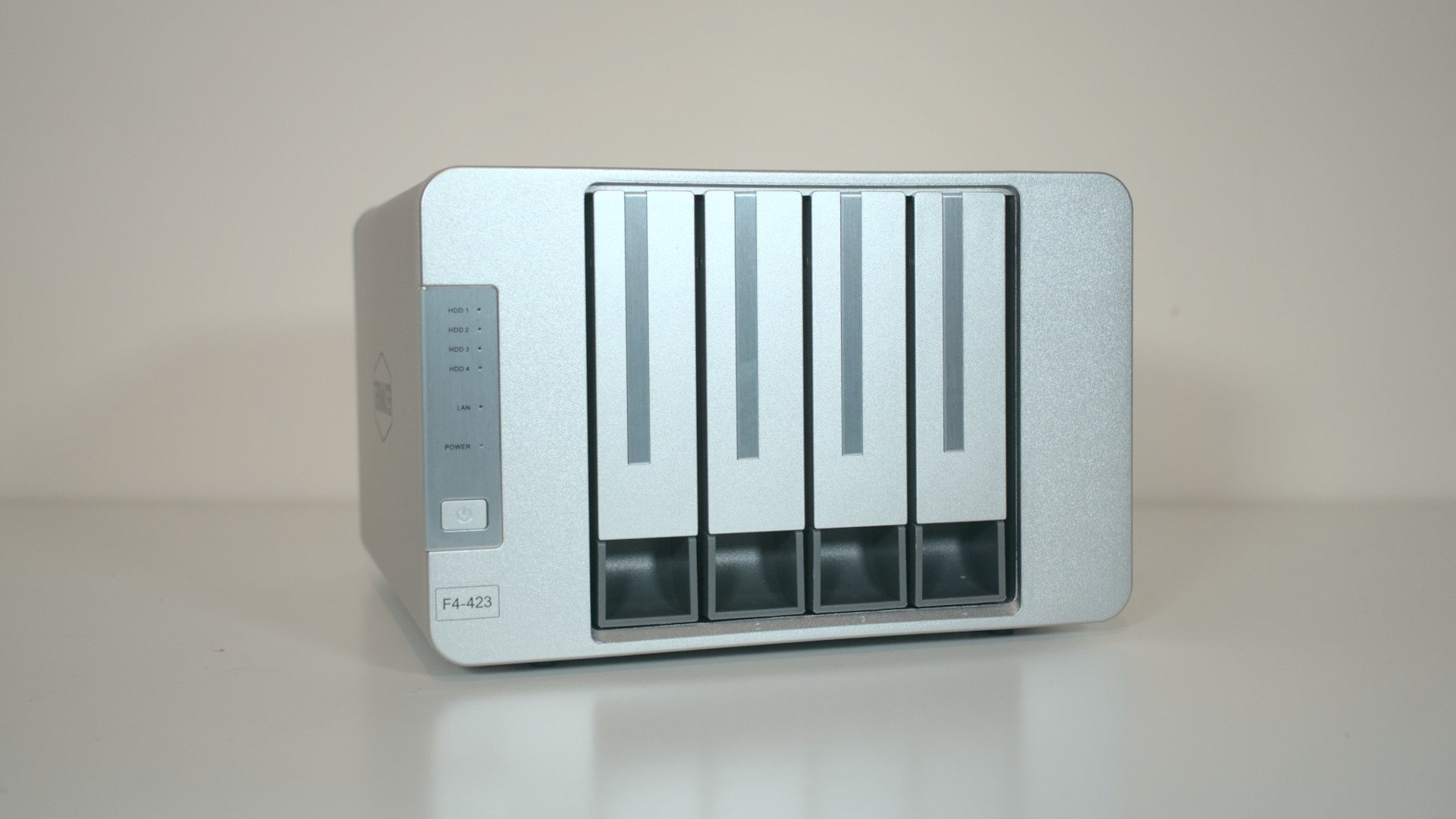
NAS hard drives come with an array of marketing jargon, but some of it can be useful. Vendors may include technologies for enhanced reliability when operated 24/7, optimize drives for specific NAS configurations, and include data recovery, as well as other measures to reduce wear and tear.
While it can prove useful to compare various models, usually they're similar, and you should value capacity and reliability over such traits.
All the latest news, reviews, and guides for Windows and Xbox diehards.

Rich Edmonds was formerly a Senior Editor of PC hardware at Windows Central, covering everything related to PC components and NAS. He's been involved in technology for more than a decade and knows a thing or two about the magic inside a PC chassis. You can follow him on Twitter at @RichEdmonds.
- Richard DevineManaging Editor
